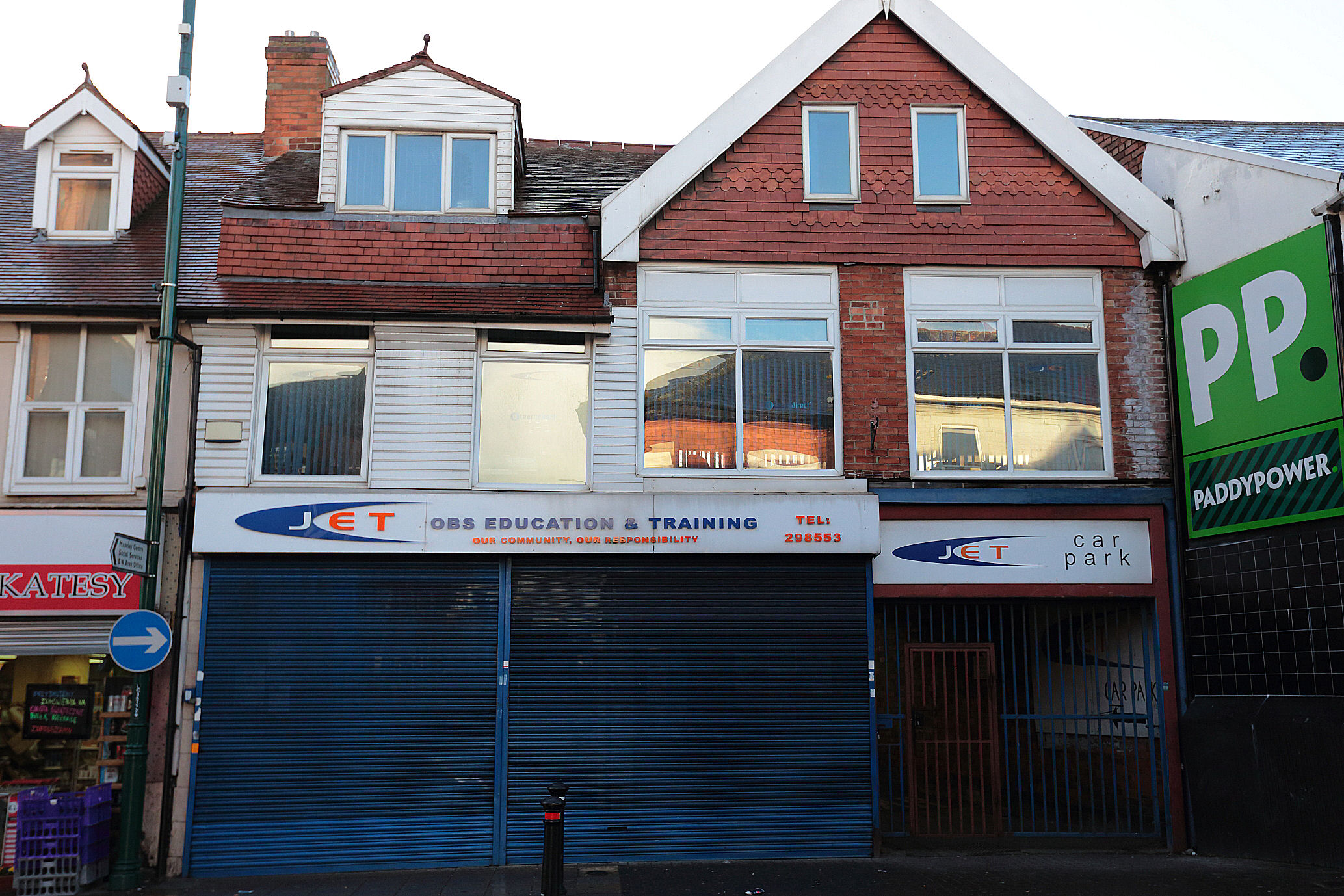Derby City Council has launched a 12 week consultation on the “Post 16 -19 Home to School Travel Assistance Policy” with the objective of saving £3m from a forecast spend of £8m. This will affect some of the most vulnerable children in the City – those with Special Educational Needs and Disabilities (SEND)
This has arisen from poor planning and communication in the school placement process and inadequate annual budgeting.
What is “Post 16 -19 Home to School Travel Assistance”?
The Council has a statutory responsibility to assist with the ‘travel to school’, for children under the age of 16; there is a discretionary policy for children aged 16-19, and for children with Special Educational needs, from 16-25. The objective is to ensure that all children have access to education and the policy should ensure that the cost of travelling is not a barrier.
The majority (98%) of the cost for this type of assistance, Post 16, is for children with Special Educational Needs. Typically, the travel assistance need is stated in the child’s Education, and Health Care Plan (EHCP) – this is a legal contract between the child/parents and the Council.
The cost is driven by the fact that many children are placed into schools outside the city boundary.
In April 2020, 311 children were placed in schools outside of Derby, by April 2021 this was 354, and by April 2022 it was 372 – a 20% increase in 2 years. Of the 372, around 40% travelled in a taxi to school, on their own.
The cost of this is exacerbated by the travel distance. Children can be travelling up to 50 miles each way to get to their allocated school.
To re-emphaise – specifying a school out of Derby is an agreement that the Council is party to – it is a planned action. The EHCP, which confirms these details, is produced by the Council and takes, as a minimum, 20 weeks to prepare. An increase in the number of children requiring travel assistance and its consequent cost should not come as a surprise.
Why is there a problem with the budget?
The consultation document states that the cost of travel assistance in 2021/22 was £5.5m; a FOI request confirmed that it was £6.62m! There was an overspend against the 21/22 budget of £3.113m implying that the budget set for 21/22 was £3.5m.
Previous year’s spend was:
2018/19 £3.58m
2019/20 £3.83m
2020/21 £4.62m
The budget set for the current year, 2022/23 is £4.5m.
Despite the upwards trend from previous years, increase in the number of children being placed outside of Derby, clear evidence that 21/22 was overspending , the Council set a budget for 22/23 which assumed that there would be a reversal of the trend.
The Council is not sharing information between departments to aid better planning?
The EHCP is produced by the SEND team in the Council; the travel arrangements by the Home to School Transport Team – 2 separate departments.
Internal Audit produced a report on this subject in July 2022 and reported the following:
“We expected the sharing of information between the SEND and Home to School Transport teams would be part of the workflow when processing applications for an Education, Health and Care plan. We found that the workflow for managing the application process for assessing and producing an Education, Health and Care Plan and the application process for requesting transport assistance were not aligned which had led to a reactive Home to School transport service delivery model”
“…the process remained that the Home to School Transport team would still not be routinely consulted at the initial stages of the Education, Health and Care Plan assessment and application process that had led to instances of inefficiency and additional costs where, for example, separate transport arrangements were in place for two children attending the same school. If the workflow to assess and produce an Education, Health and Care Plan and make school transport arrangements are not aligned, there is a risk of inefficiencies and escalating travel costs that could be more economically managed through a more collaborative approach.”
“Section one of the Resource Allocation Panel referral form, that was completed by the SEND officer to obtain approval for high cost and out of area placements, questioned whether transport was required and the associated costs. It would therefore be necessary for the SEND officer to liaise with the Home to School Transport team to obtain this information. However, on checking a sample of ten referral forms submitted to the Resource Allocation Panel meeting held on 21 October 2021 we found in all ten cases this section of the form had not been completed.”
Comment
The Council has a track record of under-budgeting on Children’s Services and then declaring an overspend early in the new financial year. Although the Council waited until September 2022 to inform the Cabinet of an expected £3m overspend, this was first published, publicly, in an FOI request on the 9th June 2022…just 2 months into the financial year!
It’s clear that the budget should have been set at around £7.5-£8m not at £4.5m.
Had the Transport budget been set correctly then the task for identifying savings, to achieve a balanced budget, would have been across all of the Council’s functions and not just the Home to School transport service. Also the late change to reduce the Council Tax increase by 1 percentage point could have been an option to bridge this gap – it would have been worth around £1m.
It is also clear from the Internal Audit report that the SEND team were agreeing to expensive out of area school placements without advising the Transport team. Better workflow and communication might not have changed the outcome , given the child’s educational needs, but it could have resulted in a more cost effective solution and would have avoided any post-budget “surprises”.
Moving to a personal budget approach has plenty of scope for unintended consequences – some children might benefit, but, on average, most will be disadvantaged. In principle it transfers the administration burden to the parents – does this result in a loss of jobs in the Council? Have those staff been consulted?
The Council officers, and Tory administration, keep reporting that they are constantly reviewing costs and processes in Children’s Services to avoid unnecessary pressures. The notion that one department signs up to expensive placements without consulting / informing the department responsible for managing the budget is an elementary error. An error that will now have to be resolved by cutting the available funds to the most vulnerable children in the City.
Categories: Uncategorized










